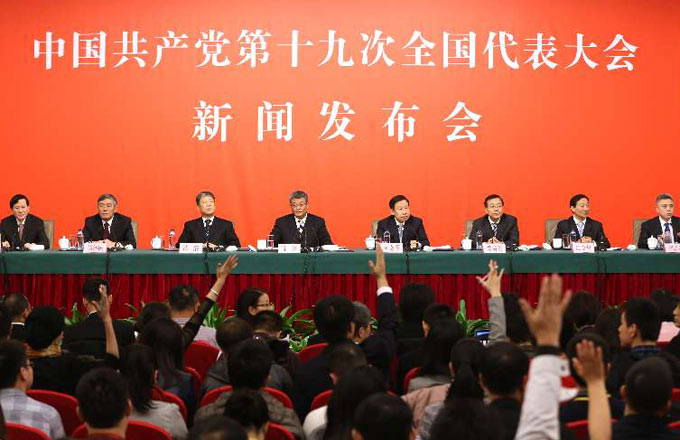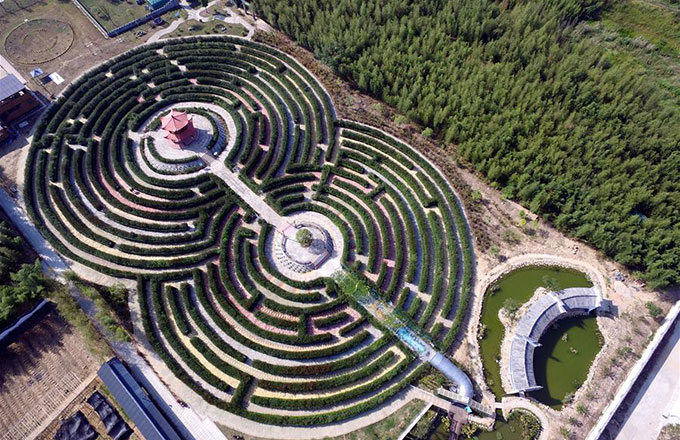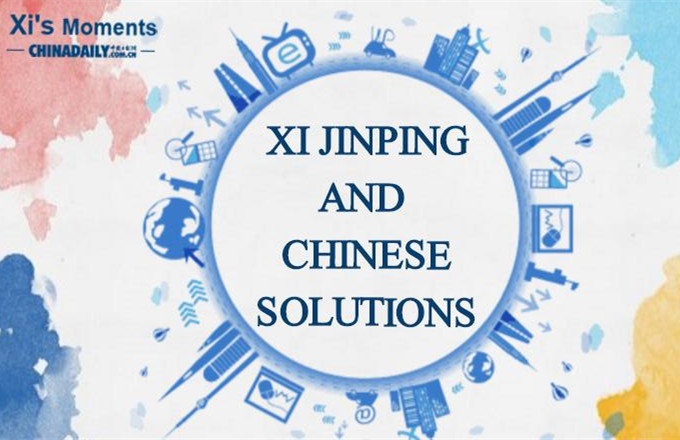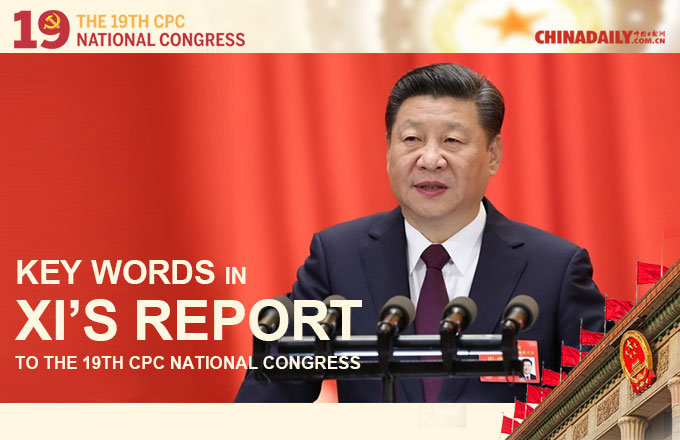Foreign experts applaud China's new goals

Bartosz Michalak,
Chairman of the Board of the Polish-Chinese Cooperation Forum1. The most important thing for Chinese citizens is that President Xi Jinping is stressing the importance of building a "moderately prosperous" society, which means trying to narrow the gap between poor people and poor areas and the wealthy, eastern parts of China. From the economic point of view, internal demand is growing while the country tries to reduce its dependence on exports.
Like many other countries, China is facing the problem of pollution, especially when it comes to air quality during the winter in the northern parts of the country. The economy based on coal-fired power generation and heavy industry such as steel production in Hebei province is being reduced every year but the problem of air pollution is tremendous and is caused by too many cars and residential heating needs. Xi underlines the importance of environmental protection and maintains a positive stance toward the Paris climate agreement. This shows also that this area should grow in China in the coming years.
2. China is very consistent in the planning and implementation of policy, so it's not a surprise to me that such a development plan has been announced. There are two major celebrations coming - first, the 100th anniversary of the Communist Party of China in 2021. Second, the 100th anniversary of the founding of the People's Republic of China in 2049.
Having such a long-term plan has many benefits. The first is that having a vision keeps people motivated and focused, which will help them to reach goals such as clean air and water which can't be done in a one-or two-year plan. That needs to be spread out over time. On the other hand, China depends so much on the global economy, which means that this long-term vision may need to be adjusted during the execution depending on the situation on the international markets.
3. In many areas China is already leading in innovation - in areas such as m-commerce (electronic commerce conducted on mobile phones), telecommunications, logistics, big data, the sharing economy and the financial sector. These parts of the economy are expected to grow and other areas should join them - most probably electric transportation, autonomous machines and mobile applications. There are still many sectors that need to be developed, for example, agriculture, and this is a big challenge - not only for China. The process of urbanization and migration from villages to cities will continue but the question of how to modernize the agriculture sector remains open.
4. The Chinese development model is unique. I have not seen any other country growing its economy and changing society so quickly. The significant part of this growth is done by entrepreneurs who are creating and operating their businesses in a very competitive internal market and have also been fighting for global presence and market share for about a decade. It's not a surprise that in such a competitive environment you need to have something outstanding to bring in customers and be ahead of others. This brings us to the word that has been so much used in recent years, "innovation". China is no longer just a factory. It is investing in businesses overseas and, most important, innovating spending a large part of national GDP on research and development projects, one of which is mobile payments. Also, many companies are following the trend of the sharing economy and are scaling up at incredible speed thanks to the funding available for new companies (startups).



















